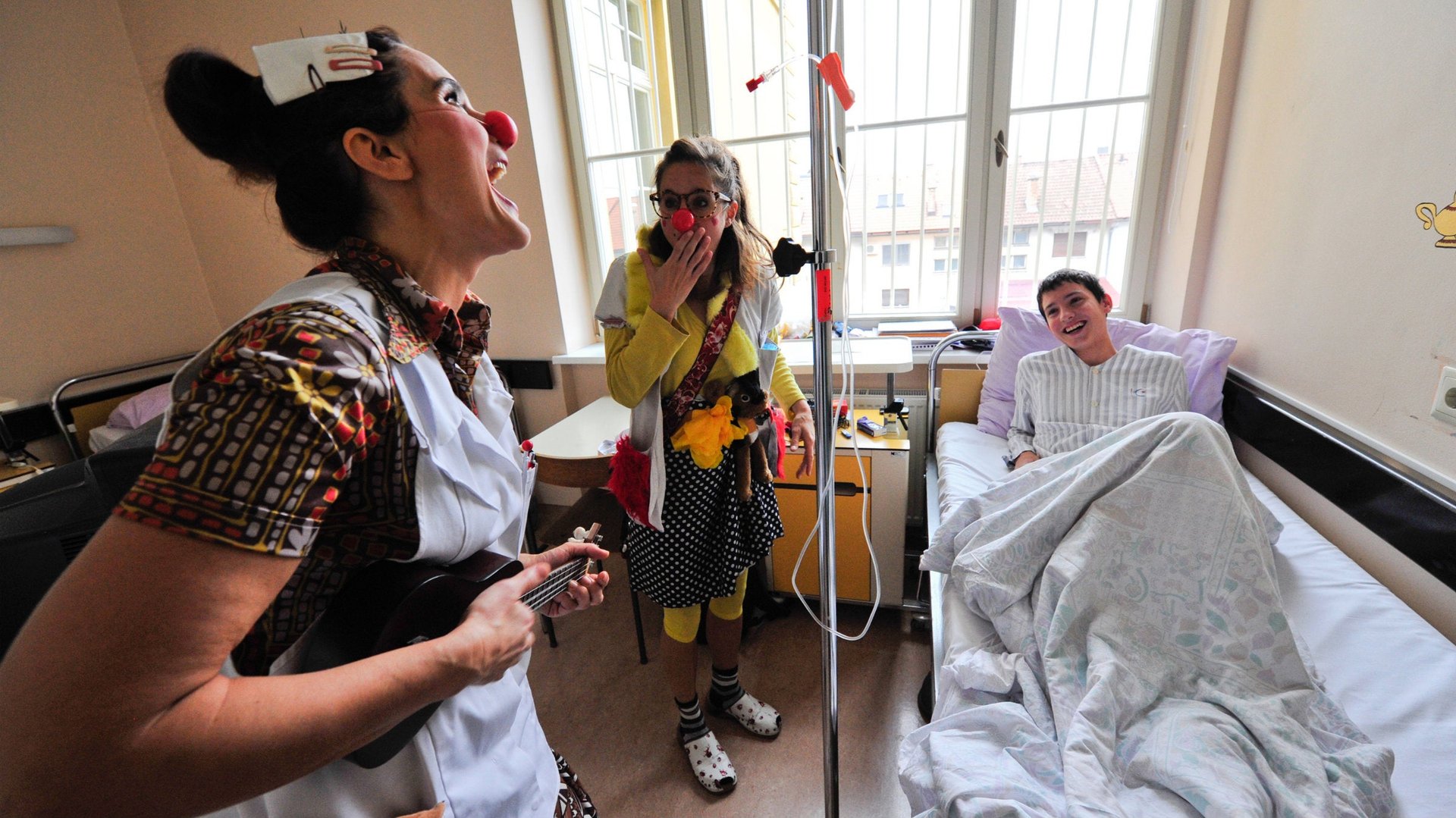Virgin births, James Bond’s liver and projectiles in the operating room: A medical journal like no other
The British Medical Journal traces its history back to 1840. Over this time, the august publication has contributed much to the advancement of medical science. And if laughter is indeed the best medicine, it also promotes better health with its annual Christmas double-issue, which publishes peer-reviewed research about the lighter side of medicine. This year’s edition, published over the weekend, is a doozy.


The British Medical Journal traces its history back to 1840. Over this time, the august publication has contributed much to the advancement of medical science. And if laughter is indeed the best medicine, it also promotes better health with its annual Christmas double-issue, which publishes peer-reviewed research about the lighter side of medicine. This year’s edition, published over the weekend, is a doozy.
One article, in fact, investigates the aforementioned impact of laughter on health. An exhaustive review of the medical literature collects all of the mentions of laughter, both good and bad, since the 1940s. “Laughter is no joke,” the authors conclude, citing the observed risks of “syncope, cardiac and esophageal rupture, and protrusion of abdominal hernias,” among other giggle-induced horrors. Overall, however, they conclude that “the benefit-harm balance is probably favorable.”
Here are five highlights from other articles in the issue:
Virgin births in the modern era. Around 0.84% of pregnancies in the US are reported by women who claim to be virgins at the time, according to a study of nearly 8,000 women by researchers at the University of North Carolina. (Just so we’re clear, that translates to over 33,000 virgin pregnancies in the US each year.) “While more virgins gave birth to boys (59.8%) or may have learnt they were pregnant during Advent, these trends did not reach statistical significance,” the article concludes.
Doctors like chocolate too. “To our knowledge, our multicenter, multispecialty, observational study is the first to provide quantitative data on patterns of chocolate consumption within a hospital environment.” To fill this research void, the authors covertly placed boxes on chocolate in three different British hospitals and detailed the results—the median time of survival of a chocolate at the nurses’ station was 51 minutes, with the Cadbury brand marginally preferred to Nestle’s offering.
James Bond’s miraculous liver. Researchers read all of Ian Fleming’s James Bond books, carefully cataloguing the secret agent’s alcohol intake. Bond’s weekly intake was four times the recommended amount, they found: “The level of functioning as displayed in the books is inconsistent with the physical, mental, and indeed sexual functioning expected from someone drinking this much alcohol.” Bond’s “shaken, not stirred” preference in martini could stem from alcohol-induced tremor, they propose.
Your surname could kill you. Can your name determine your health? A study of all the people with the last name “Brady” in Dublin was conducted, looking for evidence of bradycardia, a heart condition that often requires a pacemaker. Indeed, the proportion of pacemaker recipients was more than twice as high in Bradys as in non-Bradys. “Further research could include investigating increased rates of obesity in the Fatt family or depression in people whose surname is Lowe,” the researchers conclude.
Fling with care. Two surgeons offer advice on dealing with faulty equipment. “The traditional way for surgeons to deal with flawed surgical instruments is to fling them across the operating suite,” they report. Spotting a gap in the literature, the authors devise a 10-point plan to “safe operative instrument flinging,” based on their experience in the field. A sample tip: “Never fling an instrument straight up into the air.”